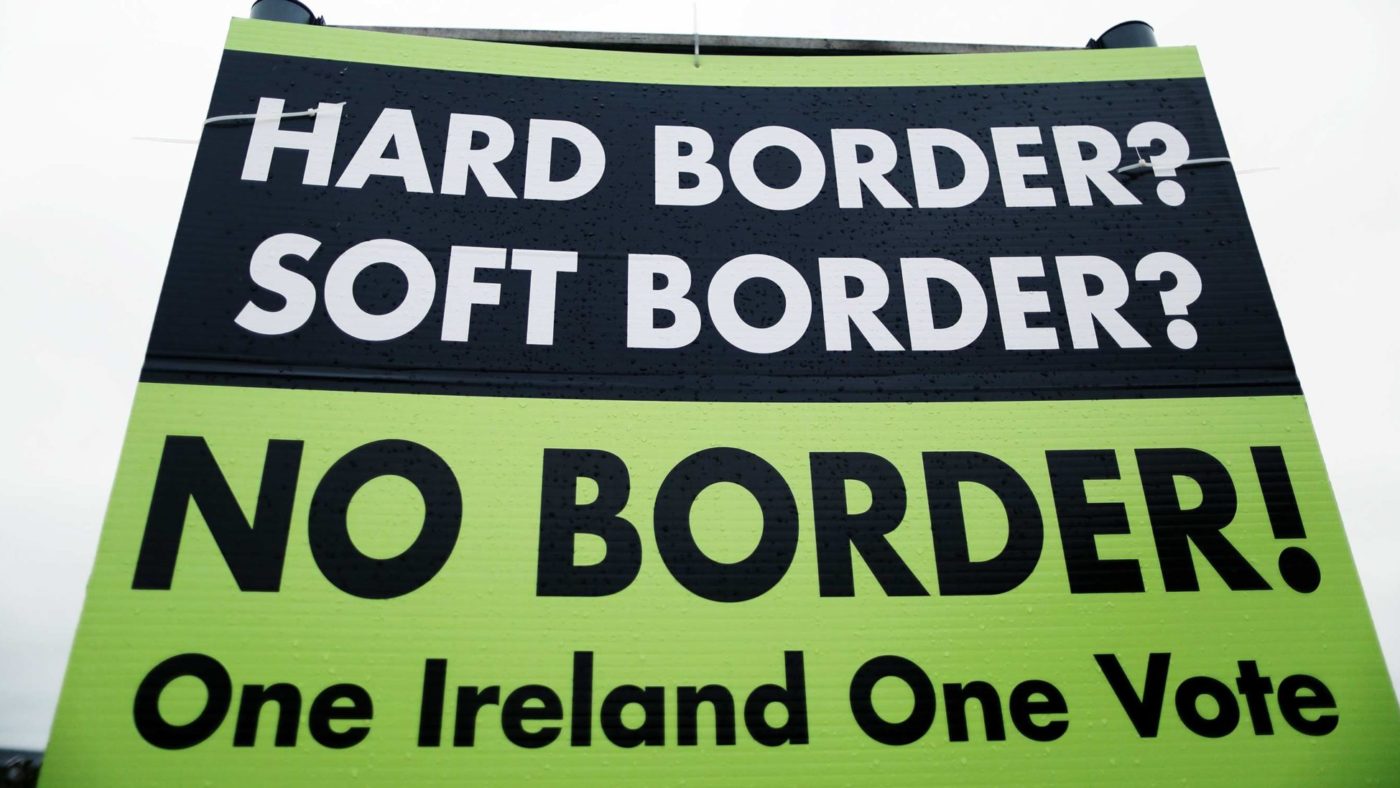With the withdrawal agreement set to be signed off by European leaders this weekend, some may have dared to think the blissful thought that the worst of the Brexit negotiating saga is behind us. But the political declaration on the future relationship published this week was a reminder of just how much there is still to do.
For every glimmer of clarity it offers, the non-binding document dishes up several dollops of ambiguity. Even if the exit deal is passed – and that is a big if – we still won’t really know what Brexit will mean.
But, for all that hasn’t been agreed, future negotiations will not begin with a blank canvas. The starting point won’t just be the political declaration, but also – if it gets the green light from EU leaders, and the British and European Parliaments – the Irish backstop outlined in the withdrawal agreement.
Were it to come into effect, the backstop would lock the UK in a customs union with the EU without any decision-making power and threaten the integrity of the UK’s internal market. But Brexiteers also fear that, whether or not the backstop is ever used, it will be the EU’s starting point in future negotiations. Indeed, that worry was a major factor in Dominic Raab’s resignation as Brexit Secretary last week.
Whatever happens in the uncertain days and months ahead, the story of how the backstop went from a rarely discussed plan b to the main means by which Brussels has tightened the screws on the UK should serve as a cautionary tale for the next round of talks.
The first lesson from backstop is to do with the double standard to which commitments made in agreements like the political declaration are held.
The UK conceded to the EU27’s logic on the Irish border in last December’s Joint Progress Report, a similar kind of document to the political declaration. That concession has been presented as a cast-iron promise ever since. The same document raised the importance of the preservation of the integrity of the UK’s internal market and Northern Ireland’s place within it, something that the draft withdrawal agreement appears to threaten. Yet the EU seems intensely relaxed about breaking their word on this important matter.
The government should be wary of promises made in supposedly non-binding documents.
It should also be tougher in pointing such iniquities out, not in the privacy of the negotiating room but in public. Because the wider lesson to learn from the backstop is about how quickly the political framing of an issue can run away from you.
Given everyone’s unambiguous commitment to avoiding a hard border between Northern Ireland and the Republic, the express commitment of both the Irish and British governments that they wouldn’t impose their own infrastructure at the border in the case of no deal, and the technological solutions to the problem that experts like the former Director of the World Customs Organisations agree exist to the problem, the border issue never needed to become the defining issue it now is.
Lord Trimble was right earlier this year when he decried the way in which one side of the negotiating table has “sought to spread fear about a return to violence” and used such “scare-tactics” to put pressure on the British government.
Revealingly, the backstop is the main reason a no deal Brexit – the worst outcome for the Irish border – is on the cards. As Pieter Cleppe pointed out for CapX this week: “An insurance policy is supposed to alleviate the consequences of accidents, not make them more likely.”
The backstop ultimately amounts to the exploitation of separatism to weaken a supposed ally. That is a contravention of basic political decency. The British government should have called it out, and adjusted to the fact that they were not dealing with a negotiating partner acting in good faith.
Britain is paying a high price for underestimating its negotiating partner’s willingness to play politics with as delicate an issue as peace in Northern Ireland. That is regrettable. But it would be unforgivable if it failed to learn the right lesson in time for the next round of negotiations.
This article is taken from CapX’s Weekly Briefing email. Sign up here.


